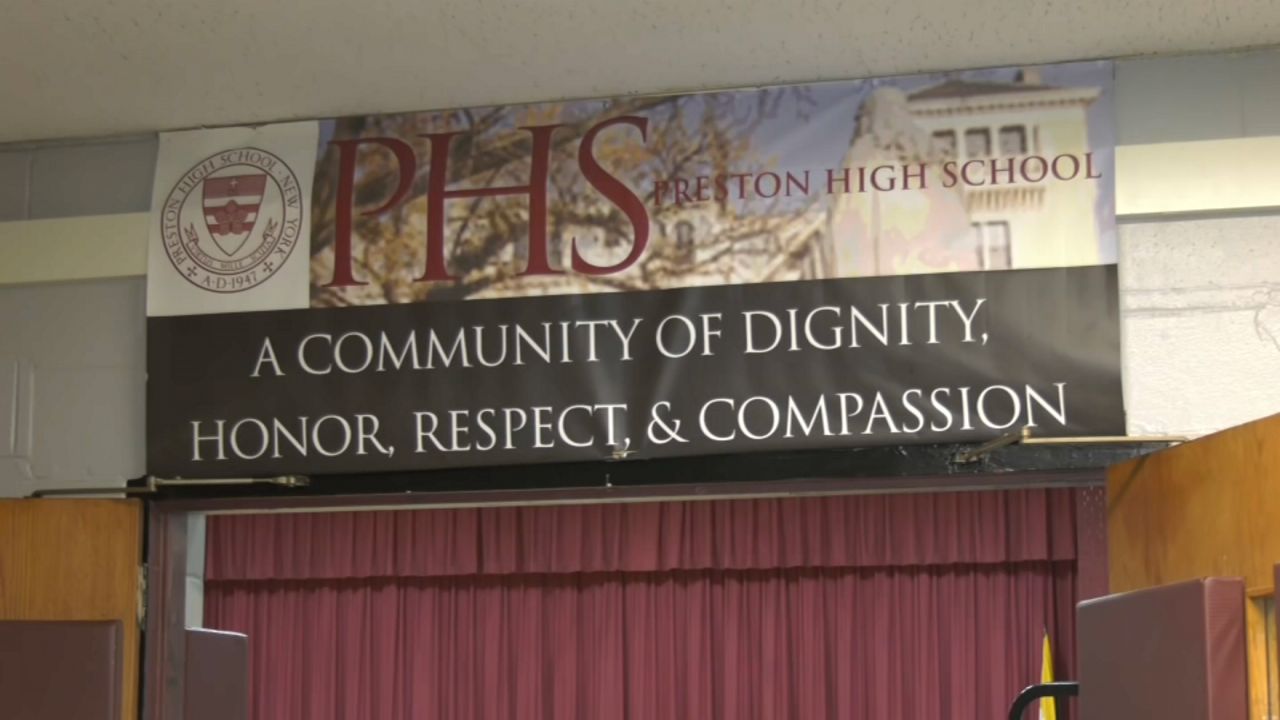BRONX, N.Y. - A Bronx Supreme Court judge has ruled against animal rights advocates who argued an elephant in the Bronx Zoo should be found to have human-like rights that require her transfer to a sanctuary.
Judge Alison Tuitt said Wednesday the case made by a group called Nonhuman Rights Project was extremely persuasive.
"This court is extremely sympathetic to Happy’s plight, and the NhRP’s mission on her behalf. It recognizes that Happy is an extraordinary animal with complex cognitaive abilities, an intelligent being with advanced analytic abilities akin to human beings," the judge said.
"Should such a being be treated as a person, or as property, in essence a 'thing?'"
The judge said she agreed that "Happy is more than just a legal thing or property. She is an intelligent, autonomous being who should be treated with respect and dignity, and who may be entitled to liberty."
The judge, however, said she was bound by legal precedent in New York from finding that Happy is a 'person,' and that, as a result, she could not rule that the elephant is being illegally imprisoned.
The 48-year-old Asian elephant has been living alone in captivity since her companion died in 2002.
Both sides in the dispute claimed victory.
“This marks the 24th judge in New York to rule against NhRP as it attempts to advance its agenda to extend human protections to animals. In this case, NhRP tried to use the common law writ of habeas corpus, an important legal protection for unlawfully imprisoned human beings. NhRP’s continued failed attempts to grant habeas corpus to animals demeans all the people who have sought such relief," said Jim Breheny, director of the Bronx Zoo .
"The Bronx Zoo takes excellent care of Happy and will continue to do so, along with all animals here at the zoo. Her well-being is assured by our dedicated staff and all the expertise they bring in providing excellent care for her for more than 40 years.
The Nonhuman Rights Project said the decision "is powerfully supportive of our legal arguments to #FreeHappy to a sanctuary out of respect for her right to liberty as an autonomous being." The organization said it would appeal.






